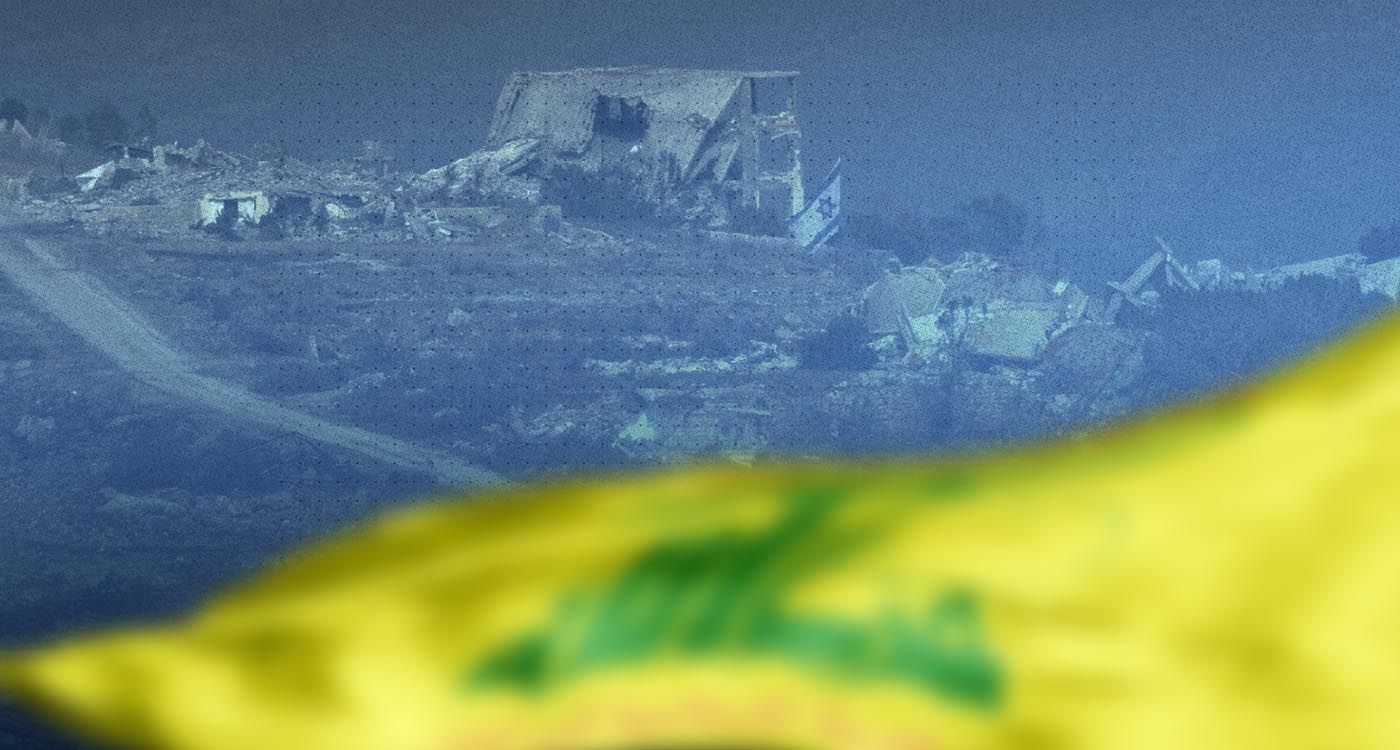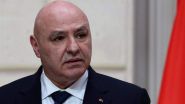
The reconstruction of areas devastated by the war between Hezbollah and Israel hinges on two key conditions: the disarmament of the Iranian-backed group and the adoption and implementation of structural reforms. Without meaningful progress on both fronts, Lebanon will remain stalled in paralysis and increasingly vulnerable to deepening political, security, and economic instability.
This is the assessment of a senior Lebanese official, who stresses that Hezbollah is fully aware that no serious reconstruction effort can begin without meeting these two prerequisites—particularly given that the disarmament clause directly targets the group. Any delay or obstruction in this regard, the source warns, will indefinitely hinder reconstruction and place full responsibility squarely on Hezbollah—whether for the ongoing displacement within its own social base, Israeli strikes on its military infrastructure and weapons depots, or the targeted assassinations of its operatives.
"The consequences of this deadlock will not be limited to Hezbollah," the official cautions. "Lebanon as a whole could be dragged back into full-scale war, compounding an already devastating financial and economic crisis."
According to the same source, Hezbollah is currently weighing the political cost of disarmament against the strategic advantage it believes it still gains from retaining its arsenal. For now, it seems to favor the status quo—even at the expense of reconstruction. However, this stance is increasingly seen as out of step with shifting regional dynamics, marked by a major reshuffling of power balances that no longer favor Hezbollah’s axis.
The official notes that the group should have recognized this shift long ago—first through the scale of the Israeli strikes, and later, in the very terms of the ceasefire agreement, which explicitly prohibits any form of rearmament.
Hezbollah reportedly pursued a strategy of circumvention from the outset of the ceasefire. However, this approach has encountered increasing resistance: from a broad Lebanese majority calling for an end to its military adventures, from an unprecedented official stance reaffirming the state’s exclusive authority over arms and decisions of war and peace, from an increasingly firm international and Arab consensus, and from Israel’s clear determination to continue its military campaign until Hezbollah’s military role is declared over and its armed infrastructure dismantled.
In conclusion, the official underscores that the president’s recent statements regarding Hezbollah’s arsenal leave no room for ambiguity: there will be no backtracking on this issue. The upcoming dialogue between General Joseph Aoun and Hezbollah will not address any potential future military role for the group, but will instead focus solely on the terms and process of disarmament. According to the most optimistic forecasts, this process should be completed within a year.




Comments